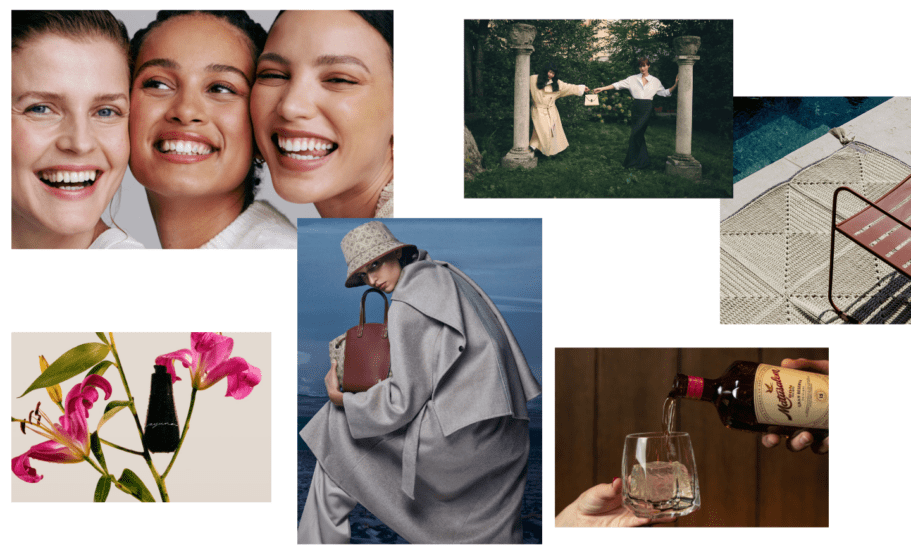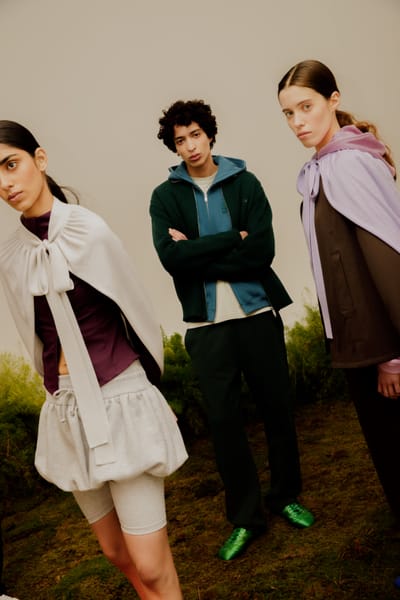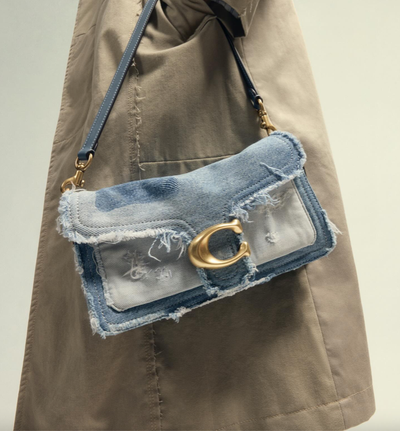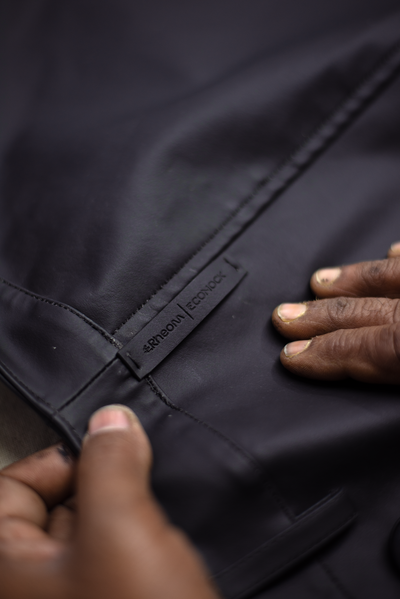The highly anticipated Positive Luxury Awards 2025 are now officially open for entries, inviting brands, suppliers, and retailers in the luxury sector to showcase their sustainability leadership and innovative efforts to make a positive impact on the environment and society. With a heightened focus on transparency and accountability, the 2025 awards aim to celebrate those in the luxury industry who are actively setting new standards and driving meaningful change across their value chains.
"The Positive Luxury Awards celebrate innovation, real change, and higher standards across the entire value chain,” shares Positive Luxury CEO Amy Nelson-Bennett. “The brands, retailers, and suppliers we recognise are truly at the forefront of taking serious, positive action.” Nelson-Bennett emphasises the role of luxury brands in inspiring broader societal change due to their influence and desirability. “Luxury businesses are inspirational and desirable by nature, so they have a unique opportunity—and responsibility—to lead by example for both people and the planet.”
As the 2025 awards open for applications, Nelson-Bennett points out that the urgency of sustainability has never been more pressing. With 2024 on track to become the warmest year on record at 1.5 degrees Celsius above pre-industrial levels, the stakes are high. “Environmental and social issues like climate change and inequality remain constant, but the intensity and urgency to act increase each year as these impacts become more visible day-to-day,” she says. In response to this escalating urgency, the Positive Luxury Awards have updated their criteria to focus even more on transparency and evidence-based communication, a new requirement for 2025. “Our new focus on transparency underscores the importance of engaging all stakeholders with clear, evidence-based claims,” she adds.
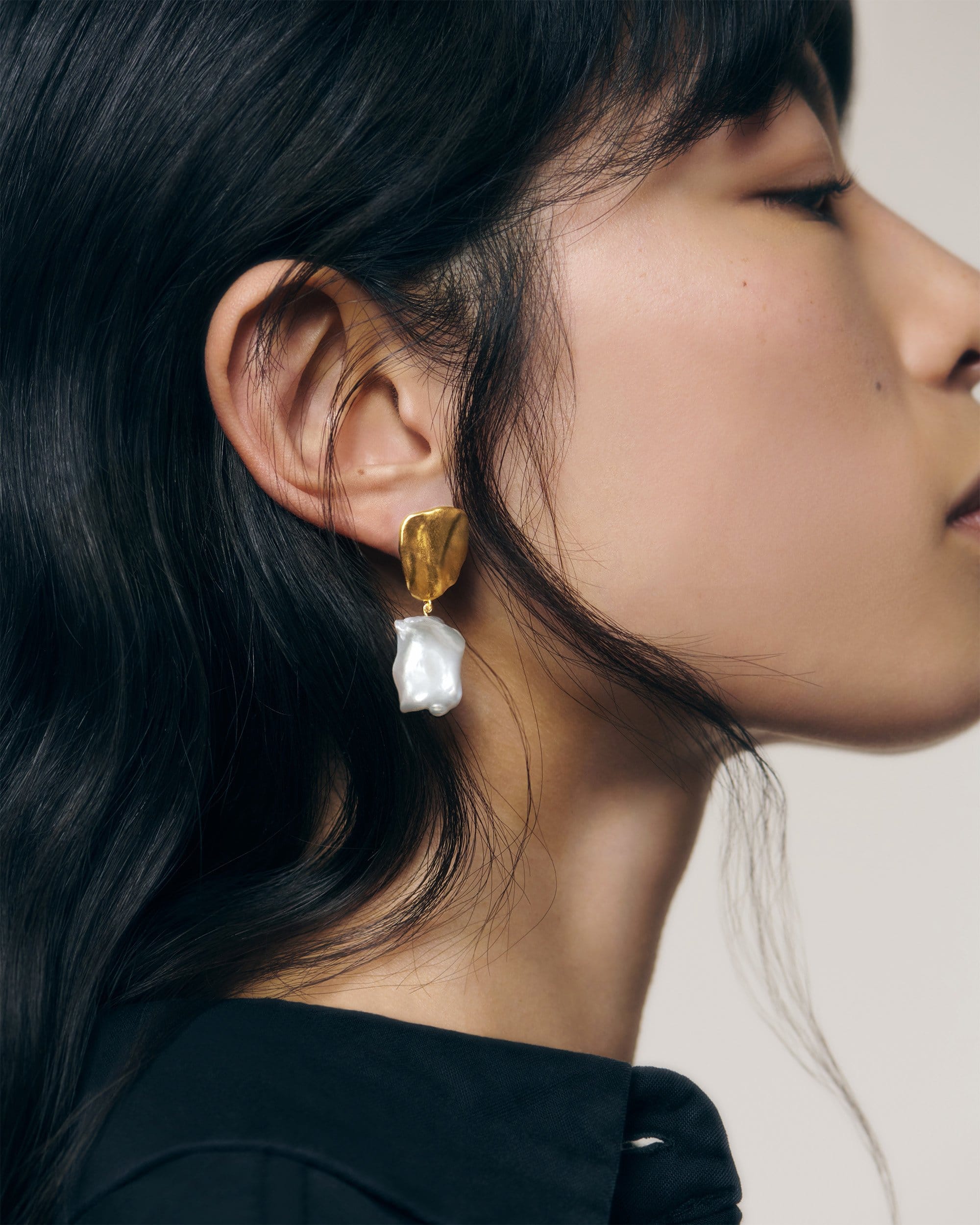
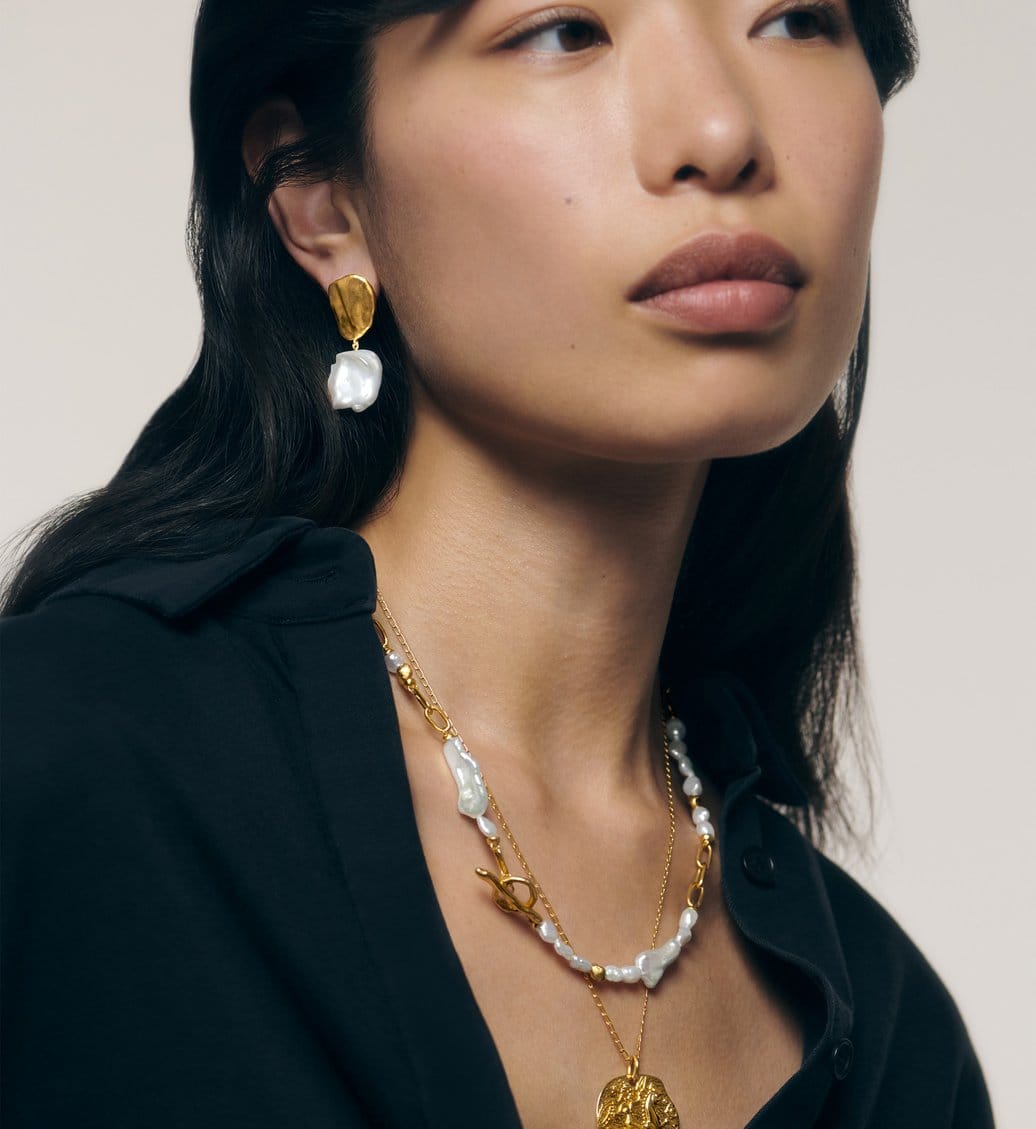
Monica Vinader - Butterfly Marked by Positive Luxury
The Positive Luxury Awards will evaluate entries based on a robust environmental, social, and governance (ESG) framework. Key areas of assessment include climate, nature, and water in environmental sustainability, worker and community treatment in social sustainability, and responsible business governance. “The judges will look for brands that demonstrate tangible change across these areas,” explains Nelson-Bennett. “The criteria for each award category are carefully designed to reward action where it is most needed. Specific guidelines are available in our application resources to help applicants understand what makes a nomination stand out.”
The awards have consistently recognised exemplary brands making a difference in the luxury industry. Past winners highlight the range of ways luxury companies can lead the way in sustainability. In 2024, Bav Tailor was awarded Fashion Business of the Year for its comprehensive environmental management system and focus on carbon reduction, energy, and water conservation. Jewellery Business of the Year, Monica Vinader, was lauded for transparent and credible sustainability communications, including clearly defined 2030 targets. Six Senses, named Responsible Luxury Business of the Year and Travel Business of the Year, was recognised for its commitment to local communities, reduction of energy consumption, and environmental regeneration initiatives.
“These examples of past winners illustrate that sustainability is achievable across diverse sectors within luxury,” Nelson-Bennett reflects. “It’s not just about celebrating these brands; it’s about setting a precedent for others. Luxury has a responsibility to lead, and Positive Luxury plays its part by elevating the conversation around what is possible, recognising the courage and commitment needed to make significant strides toward sustainability.”
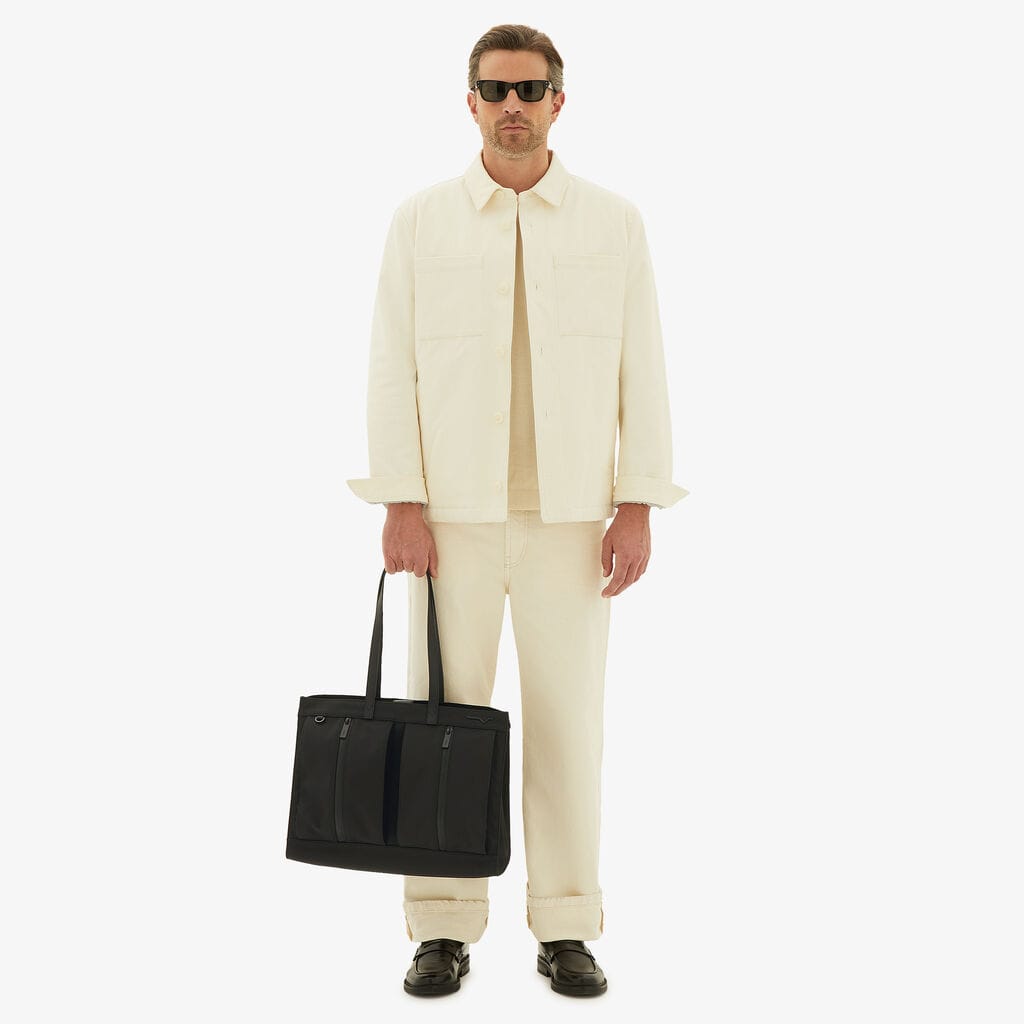
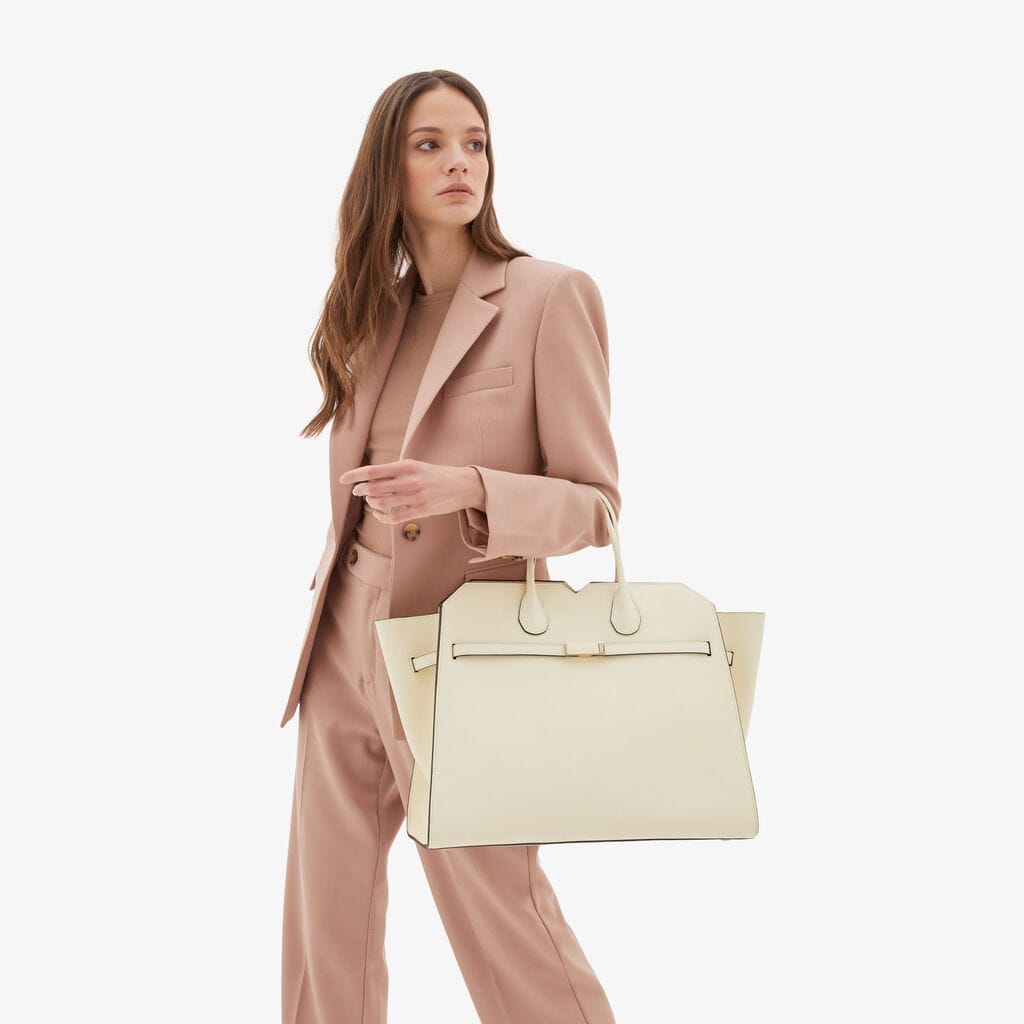
Valextra - Butterfly Marked by Positive Luxury
Nelson-Bennett emphasises that luxury brands, given their position and influence, are uniquely suited to tackle both environmental and social aspects of sustainability. “Sustainability has historically been viewed through an environmental lens alone, but it is imperative to consider both people and nature,” she explains. “The luxury sectors of fashion, jewellery, travel, and beauty have some of the most significant social challenges that impact people. Moreover, the social effects of climate change are profound, so separating environmental and social issues is increasingly difficult.”
The luxury industry’s complex supply chains and the perceived costs of sustainable practices have often been cited as barriers to progress. Yet, as Nelson-Bennett points out, this shouldn’t deter brands from taking action. “The cost of inaction is becoming increasingly clear, whether through regulatory demands, business disruption, or rising raw material costs,” she states. The awards therefore encourage brands to think long-term and take proactive steps to overcome these challenges. “Consumers today want substance and are looking for authenticity from the brands they support. A strong sustainability message is one of the most effective ways to provide that,” she adds, noting that young, innovative brands are thriving by adopting sustainable practices and pushing the industry forward.
Nelson-Bennett underscores that the Positive Luxury Awards don’t just benefit winners; they also elevate the entire industry and inspire consumers to make more informed, sustainable choices. “By celebrating those who are taking positive action, we raise awareness of what can be achieved and inspire others to meet higher standards,” she says. “This in turn helps consumers become more mindful about the brands they choose, knowing that they can support a movement for change with their purchasing power.”
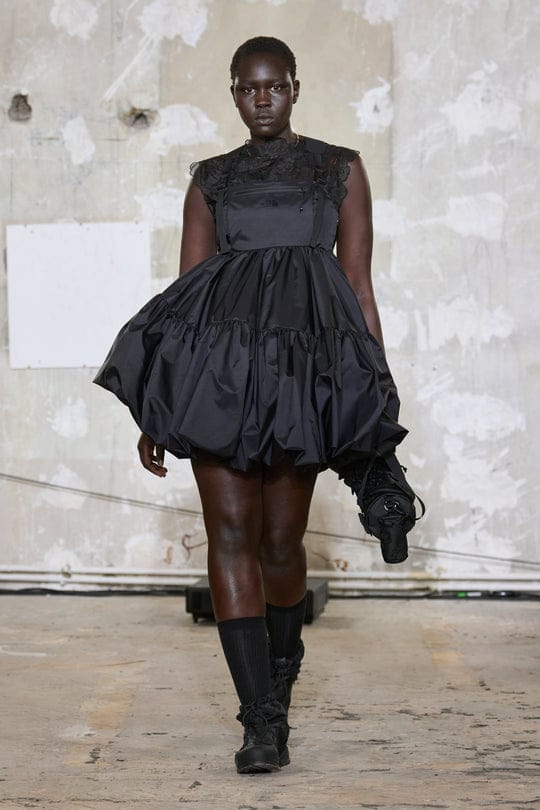
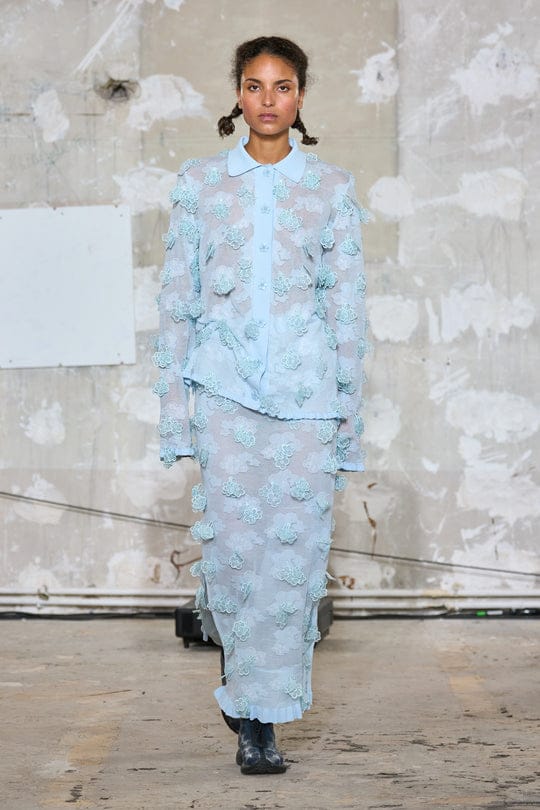
Cecilie Bahnsen - Butterfly Marked by Positive Luxury
Maintaining credibility and rigour is a core commitment for Positive Luxury, with entries judged by an independent panel of industry experts. “Consumers and industry stakeholders can trust that our evaluation process is both credible and rigorous,” says Nelson-Bennett. “We require all applicants to submit evidence for their claims, and our criteria are publicly available and based on a ‘double materiality’ approach, which prioritises the highest-risk issues in each sector.” This year’s added emphasis on transparency aims to further reinforce trust in the brands that achieve Positive Luxury recognition. “We’re also introducing a new layer of assessment focused on transparency, encouraging brands to engage openly with their consumers, employees, and other stakeholders,” she notes.
For luxury brands considering entering, Nelson-Bennett offers practical advice on how to stand out in their applications. “To make a compelling case, entrants should clearly explain the actions they’ve taken, backed by supporting documentation,” she advises. “Standout applications are those that show progress over perfection and that have the courage to share their journey towards positive change.”
The Positive Luxury Awards have become a powerful platform for brands committed to redefining luxury through a lens of sustainability and social ethics. By encouraging businesses to adopt responsible practices, the awards are helping to shift perceptions of luxury as an industry that can embed environmental responsibility and social values while enhancing its allure and prestige.
As the Positive Luxury Awards 2025 continue to accept entries, the luxury sector is invited to join a movement that recognises courage, innovation, and commitment to a sustainable future. For consumers, industry stakeholders, and luxury brands alike, the awards represent an inspiring opportunity to elevate sustainability as an integral part of luxury’s evolving narrative.


